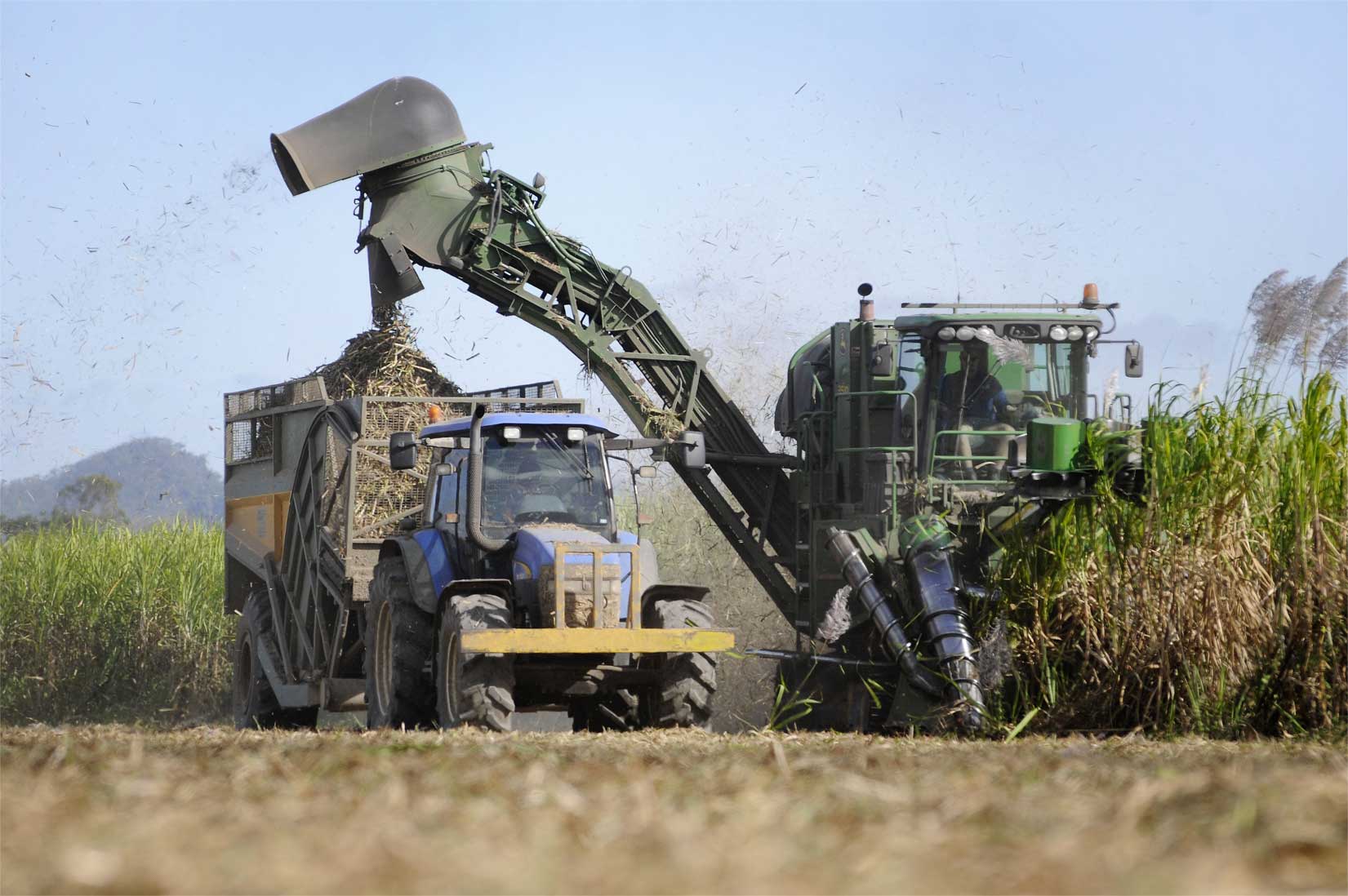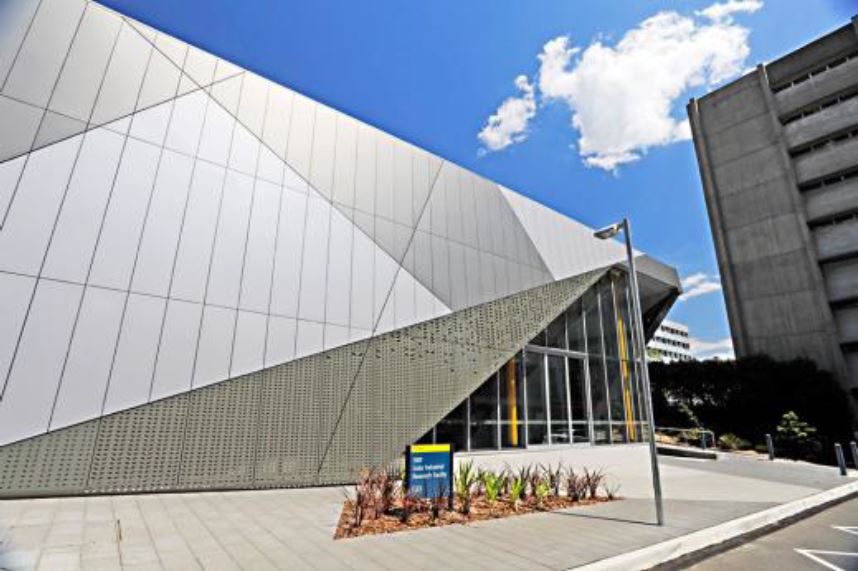Summary
Brown Family Wine Group will complete a feasibility study to identify low emission and energy efficient technologies that will help the company achieve its target of a 50% reduction in Scope 1 and Scope 2 emissions by 2030.
Need
The Milawa site is located in regional Victoria and produced over 12 million litres of wine products for local and export markets in FY 2022, which represents almost 1% of total wine production in Australia over the same period. The Site comprises winery, packaging, and distribution operations and is supplemented by a restaurant, cellar door and private function facilities. Energy use on the site is predominantly electricity, of which around 60% is used for refrigeration, with the balance for pumping, lighting and general equipment and building consumption. The site does not have reticulated natural gas available and uses liquified petroleum gas (LPG) primarily to generate hot water and steam, with a small amount used for forklifts.
Action
The Study will investigate five key technologies for energy and emissions reduction across the site:
- Electrification, either fully through electric steam and hot water generators, or partially through heat pumps for hot water, and heat recovery solutions;
- Refrigeration system energy efficiency improvements via optimised load sharing/load distribution, control upgrades and centralisation of systems;
- Battery energy storage systems to reduce demand charges for electricity and increase the amount of solar generation consumed on site;
- Upgrade of wastewater treatment plant to transition from open to a covered lagoon process to capture biogas for use in boilers or co-generators; and
- Production related efficiencies, including improved automation and control of wine tanks.
Outcome
The study will achieve the following outcomes:
- enable a decision by the Recipient to proceed to a more detailed engineering study (FEED) for the identified solutions;
- inform the wine industry of the barriers to implementation of the studied Project and potential solutions to these barriers;
- accelerate uptake of energy efficiency and renewable energy projects across the wine industry; and
- enable accelerated transformational improvement in industrial renewable energy and/or energy efficiency and greenhouse gas emissions reduction compared to baseline or business as usual across the wine industry.







